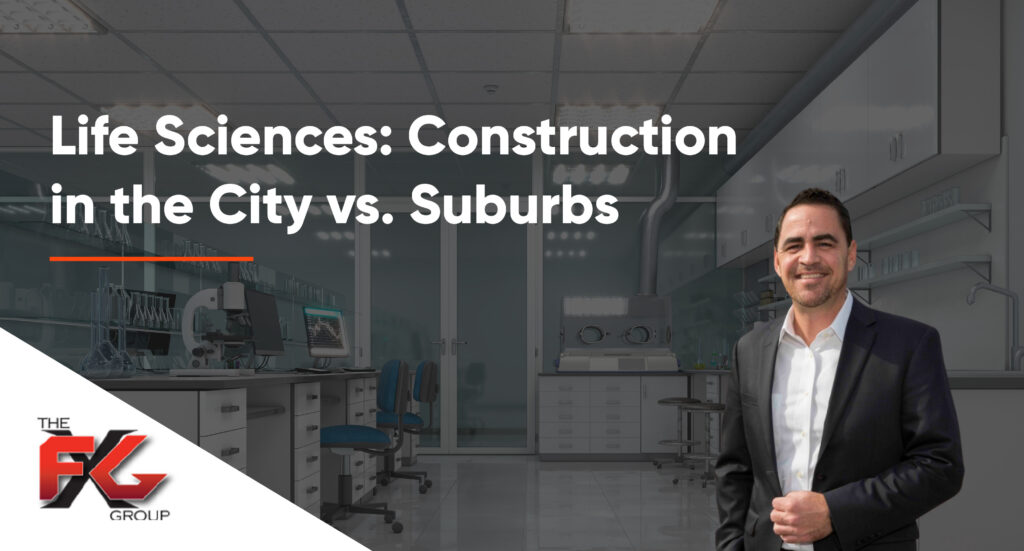The demand for self-storage is prevalent everywhere right now. This need exists across the income stratum, in nearly every town and neighborhood in America. Businesses, homeowners, and renters all have the need to store their backlog of stuff off-site. The ever-growing market of multi-family apartments and changing atmosphere of retail and office spaces have contributed to the demand for self-storage, as well as individuals and families needing to edit their belongings out of their everyday living spaces to make space for private home offices, remote learning/play areas, and home gym equipment.
Storage companies and developers of all sizes need to perform their due diligence as they seek to fill the demand, and brokers are actively locating the appropriate spaces to expand their offerings for their clients. As Owner’s Reps, we prefer and love to assist our clients during the due diligence phase. We’ll put together a high-level, overall conceptual project budget, investigate zoning requirements, speak with design firms and township officials, and assemble a comprehensive due diligence report with all of the information required for our clients to take the next step with the acquisition phase. We leverage our relationships with architects and engineers in the self-storage market to guarantee that once due diligence is completed and a decision is made to construct a new facility, the design phase can begin quickly and efficiently.
A self-storage project can come together relatively quickly with the right team in place, but it should be mentioned there are only a handful of design and construction professionals who have years of expertise in this market. The reality is that a self-storage facility is much more than just a core and shell building, and as a result must be planned and executed by those with specific knowledge in the industry. This is one of the many reasons why our relationships and consultations are so valuable to our clients.
A typical process for building self-storage is from the ground up, but there are plenty of developers who want to attack the industry from a different angle. One example where companies and developers are having success is in renovating vacant retail and big box spaces which have been sitting empty for several years due to the ever-changing digital world. The demand for the number of large grocery stores is different as well, as people have changed the way they shop. Municipalities are welcoming these conversions, as they prefer to see the buildings in use for obvious reasons. Parking needs are minimal, so zoning requirements are typically never an issue.
As the way people use their homes and offices continues to adapt and change, I see the demand for storage space not slowing down anytime soon. It will be interesting to see how developers continue to utilize some of these available properties, in order to satisfy both the residential and commercial client demand.



